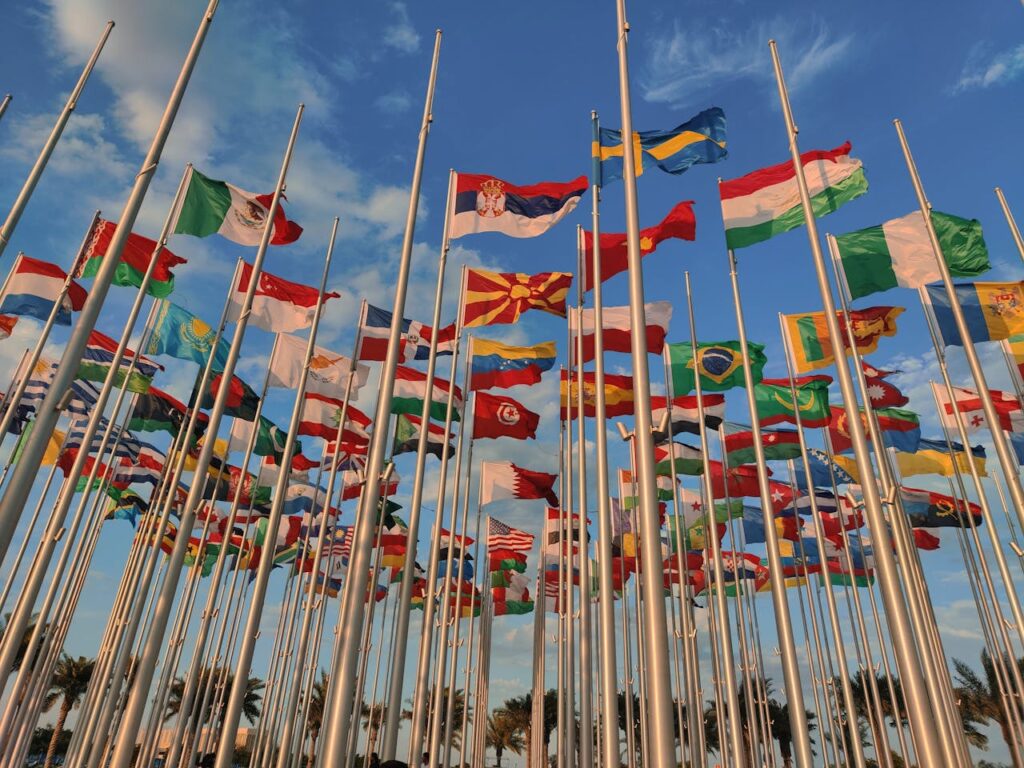The world is more connected than it’s ever been, which means that when something big happens in one part of the globe, its ripple effects can be felt everywhere, especially in the economy and stock markets. Whether it’s political instability, natural disasters, or groundbreaking technological advancements, global events have an undeniable impact on financial systems. But how exactly do these events shape economies and market trends? Let’s explore.
Global Events and Immediate Market Reactions
Stock markets are often viewed as barometers that measure the sentiment of investors worldwide. When major global events occur, say, a country announces election results or a global health crisis emerges, markets tend to react quickly. Investors, fearing uncertainty, may sell off stocks, while others look for opportunities to buy undervalued assets.
Take, for example, geopolitical events like trade wars or international conflicts. These situations often lead to fluctuations in commodity prices, foreign exchange rates, and international trade volume.
Investors keeping tabs on futures might wonder what time does futures market open during such events, as futures trading hours can offer a head start on managing potential risks or capitalizing on new trends. Futures markets often serve as early indicators of how broader markets might react as information continues to unfold.
Overall, immediate reactions in markets aren’t always rational. They tend to reflect investors’ short-term emotions, fear, uncertainty, or hope—more than long-term fundamentals. Still, these initial moves can have lasting consequences.
How Economic Indicators Respond to Global Forces
Global events don’t just influence stock prices—they leave a mark on entire economies. For instance, when there’s a disruption in oil supply due to geopolitical tensions, countries that rely heavily on imported oil often experience inflation as prices at the pump rise. This kind of knock-on effect shapes household budgets, corporate costs, and even monetary policy.
Similarly, natural disasters, like hurricanes or major earthquakes, have widespread economic consequences. The immediate aftermath is often devastating on a local level, but recovery efforts, aided by investments in rebuilding infrastructure, can sometimes stimulate economic activity in the longer term.
One of the most recent global events, the COVID-19 pandemic—highlighted just how profoundly an external shock can reshape economies. Entire industries like travel and hospitality faced unprecedented challenges, while sectors like e-commerce and telecommunication thrived. These wide-scale shifts show how interconnected our financial systems are with global affairs.
Long-Term Effects on Markets
While short-term market reactions tend to grab headlines, the longer-term impact of global events can often reshape financial systems and investor behavior fundamentally.
For example, the financial crisis in 2008 highlighted systemic risks in banking, leading to increased regulation worldwide. Similarly, large-scale technological shifts, like the adoption of renewable energy sources, are steadily transforming industries over time. Events like climate summits and international carbon emissions targets have tipped the scales toward more sustainable investments.
Another important factor is globalization. Events like changes in trade policies or shifts in global alliances can influence where businesses choose to operate, affecting markets and Gross Domestic Product (GDP) for years to come. Tariff impositions or the renegotiation of a trade deal, for example, can lead to significant stock market volatility as investors assess the potential long-term impact on global supply chains.
Key Sectors That Respond to Global Trends
Some industries are more sensitive to global events than others. Travel, agriculture, and technology are just a few sectors where the ripple effects of world events are particularly pronounced.
- Energy and Resources: Political unrest in oil-rich regions can send energy prices soaring. Renewable energy stocks, on the other hand, might see a boost when global talks about climate change gain momentum.
- Technology: Global semiconductor shortages, trade disputes, or new innovations have the power to affect billions of dollars in market value across tech companies.
- Healthcare: Pandemics and healthcare reforms often lead to major shifts in pharmaceutical and biotech stocks, along with the broader healthcare ecosystem.
Understanding which sectors are most susceptible to global developments can help investors align their portfolios with their appetite for risk and potential growth opportunities.
Wrapping Up
Global events—from wars to weather phenomena—serve as a reminder of how interconnected the world is, especially when it comes to the economy and stock market. While these events often bring volatility, they also offer opportunities for those prepared and informed.
By understanding the nuanced relationship between global events and financial markets, you’re better positioned to make decisions that protect your investments and capitalize on emerging trends. From futures trading strategies to diversifying your portfolio, taking steps to adapt can make all the difference when global changes come knocking.

